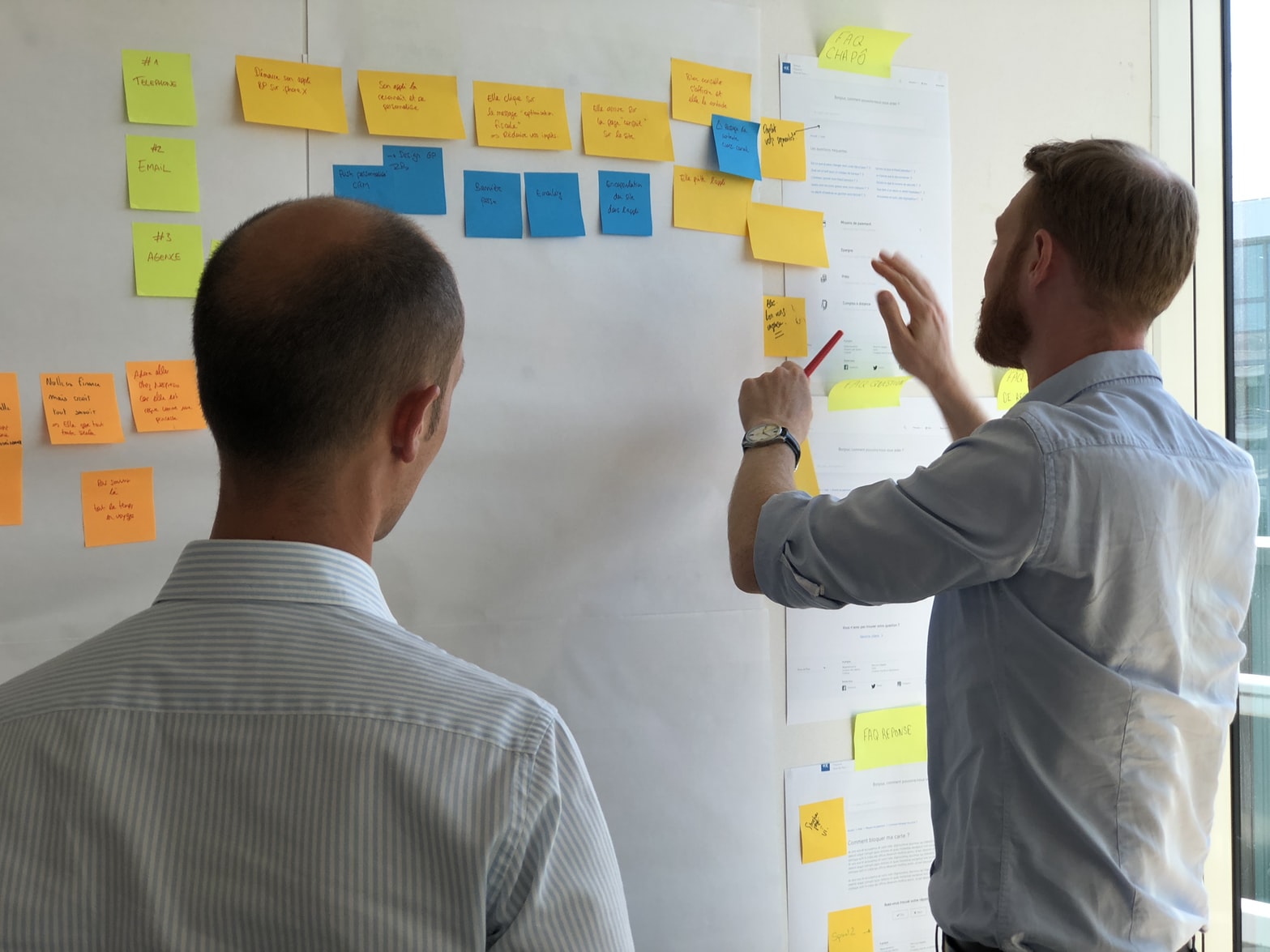Learning Canvas
Emergent learning - The Learning Canvas way What if people can learn from their past experiences? What if we can bring all people together to share what they know and what they have inside about a specific subject? That's how a Learning Canvas can help people in this approach. This canvas was created by Alexandre Magno. We can engage people into different steps of the same conversation. We can set a theme and find people to share about the theme and learn from their experience. We define people to be a facilitator and who will be asking question and have the concern about the learning process. Like how do I become more productive, make better use of my time? I see the learning canvas as a structure to learn about something. We start listing the problems inside the defined theme. If we are talking about revenue models for a product, what are the problems we are facing at this moment. The Product Manager of the product can bring problems to the table, wall or online board to start the discussion. Then, participants can do the same. They can share what they know about the issue and grow the shared knowledge about the problem. After that first movement I ask this question: What do we want? What do we want to achieve? That's like a vision / goal / hallucination :P process and in the end we have expected results. Third movement is based on learning experiences from who is sharing. We want all of them. Specially bad experiences, failures and issues they might know from other companies or experiences of their own. Now, the end is near, but we need to keep the team focused. By the way, we already have valuable information about the theme, but we need to understand how to move on. And now, it's time for a brainstorm dynamic. We want to find ideas. I like to make sure those ideas are feasible and at least people are aware of the moonshot inside the idea if that's the case. I usually run two rounds inside the idea moment, first checking about feasibility and making sure people understand what we are proposing. After the second round of ideia making, I set a way with the team to define priority. We can use dot voting or some math expression to help this process. The final movement is very important. We want to define what's next. What can we try in next week or couple of weeks? That's the beginning of the real action. The most important thing about running a session like this is that you can't let it die. Make sure you follow up on the process and keep the team working together while trying things. The worst thing about running a session is not being able to execute after. Don't let people down, in their learning process. We don't want that. We want people to keep learning and searching for new opportunities. -- Daniel Wildt
Template created by: Daniel Wildt - Has been used 689 times
Learning Canvas Template
[past] Problems
[past] Experiences
[future] Ideas
[future] Expected Results
[future] Try this!
Create Free Board
See more templates like this!
- 0 uses
School Support Brainstorm
This is for a brainstorm with school professionals in a community of practice setting. We will conduct this via breakout rooms and then share as a larger group. - 0 uses

Structural Tension
A framework for addressing any challenge - 0 uses
Lean Coffee (with Actions)
Lean Coffee format, with an Actions column for people to follow up. This discussion format creates a democratically-agreed agenda for topics that actually apply to the individuals in the discussion. ...


